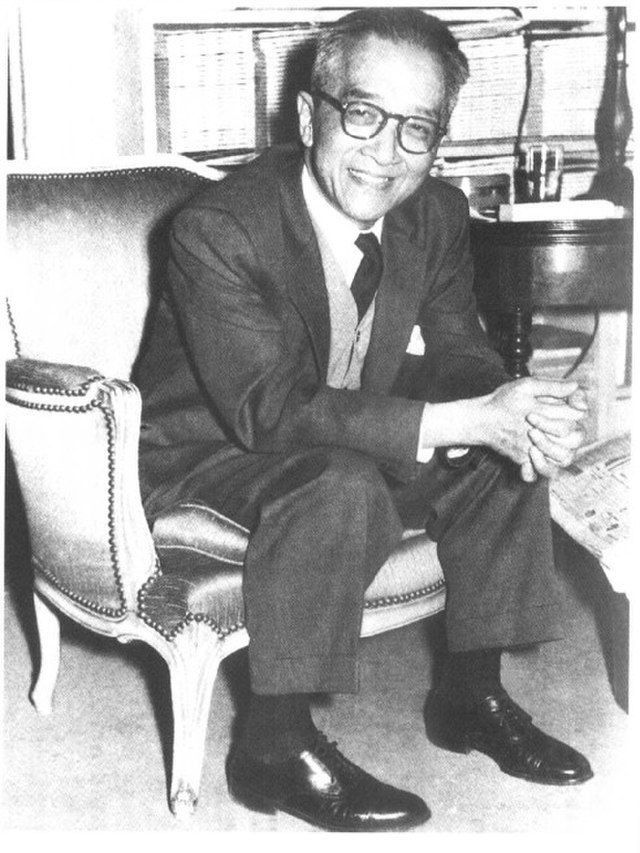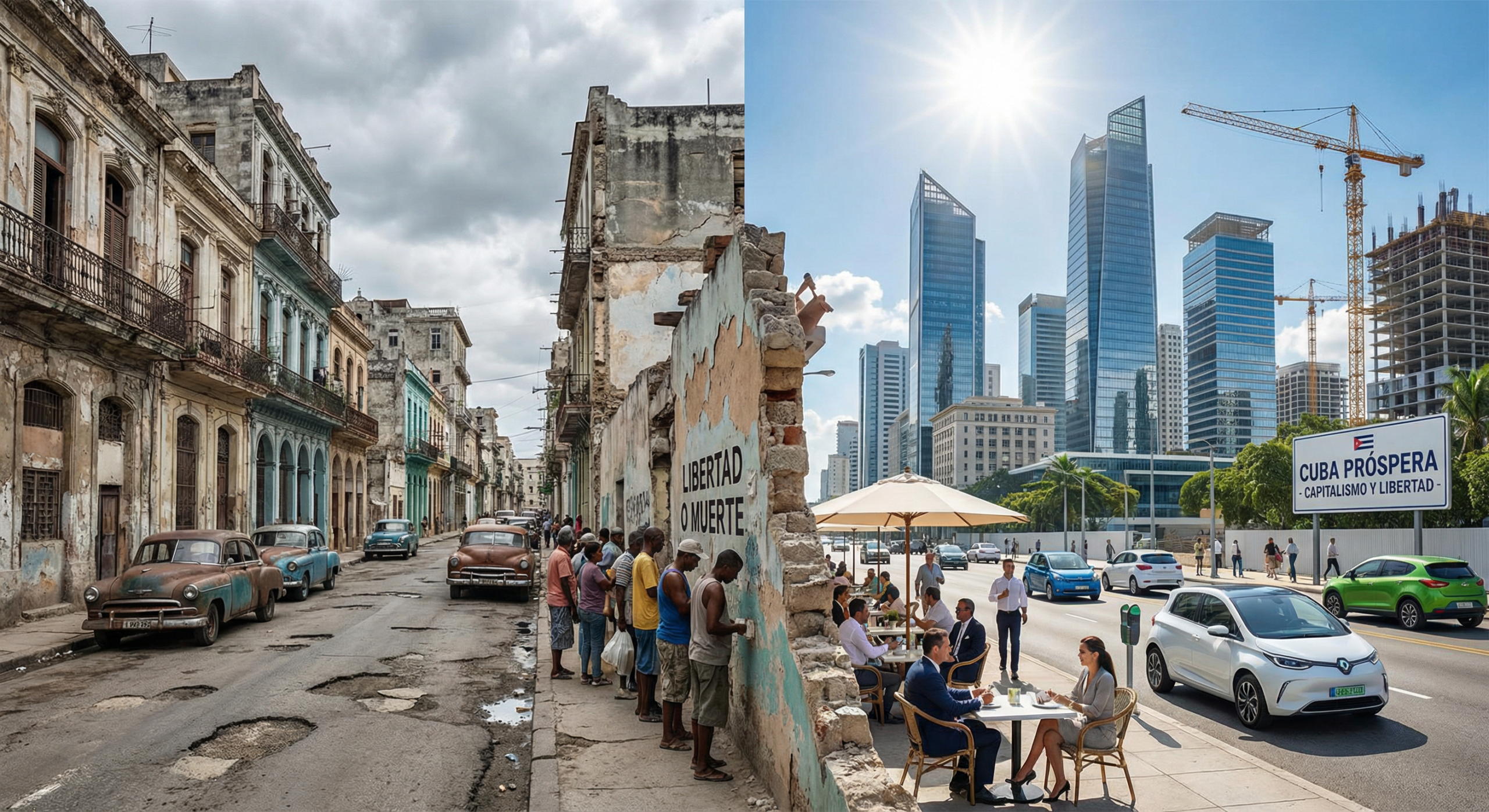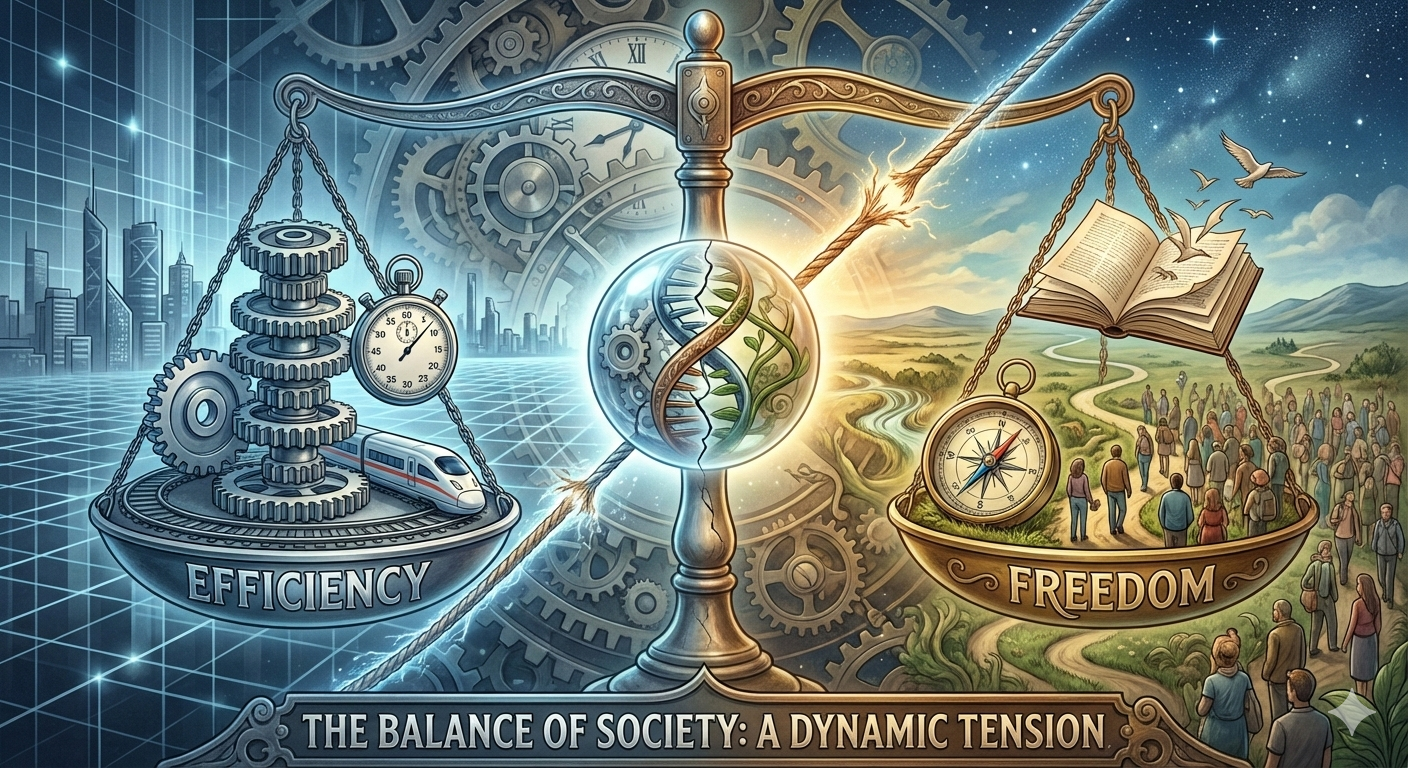Citation: Finding the State with liberal values, by Andrew Neel, licensed under Unsplash
All forms of inequalities and exploitation have a common capricious character. Their histories and struggles tend to either be dismissed as insignificant and inconsequential, and any struggles towards emancipation or other improvements that succeed are inevitably appropriated and misrepresented as being evidence of the larger moral character of the society in which the very exploitation exists. This is a serious problem, because stories of the experience of struggle cannot survive in a society in which it seems unnatural, disproportionate or even blasphemous to suggest that they had a chequered past.
Simplistic narratives of a nation’s character are an important instrument with which this erasure is made possible. Such narratives are based on a somewhat utopian conception of the individual, that considering the impediments that many face, is absolutely unwarranted. Such narratives suffocate out any space that could be otherwise devoted to painting a more complicated picture, where people indeed have an intrinsic quality to them, which is otherwise hindered by material limitations. This, incidentally, is the very foundation of the libertarian philosophy – that man is born free, but is in chains everywhere.
Most importantly, such reductive (and in this way, insidious) narratives that only serve the most fortunate above us are sustained by reference to a collective. In recent years, this collective has most often been some reference to the political collective – the nation. Martin Luther King Jr is a great example of this – a man who in his time owned so many guns that someone once described his house as an ‘arsenal house’, the person who in many conditions was ridiculed as a rabble-rouser in his time who would undo centuries of a consensus between people of color and the white man – is in public perception now a Christian, deeply steeped in American values who was embodying everything that America has always been when he struggled for the emancipation of the Blacks.
The best way to counter such perversities is to base your advocacy in these regards in a skepticism of the State. You cannot simultaneously support the individualist qualities of the structure of a nation’s government (qualities which are an essential element of a free and equal environment for everyone) while also criticizing the inequitable treatment of the people who lived in that country over time; without beginning with the belief that the State is not a complete thing in itself.
One needs to have the ability to say that ultimately a country is simply the sum total of all the people within it, and the ‘values’ of the State are merely aspirations, that are realized progressively more perfectly when the people within it struggle for a better life. Only then can one hold (in public conception) the individual with the dignity that they deserve; without confusing the ideal a country is set to aspire to, with the very history of that country. Such is the nature of the skepticism against the State, which is a subset of a skepticism of all forms of ascribed collective status and is a central tenet of libertarian ideology.
This piece solely expresses the opinion of the author and not necessarily the organization as a whole. Students For Liberty is committed to facilitating a broad dialogue for liberty, representing a variety of opinions.







